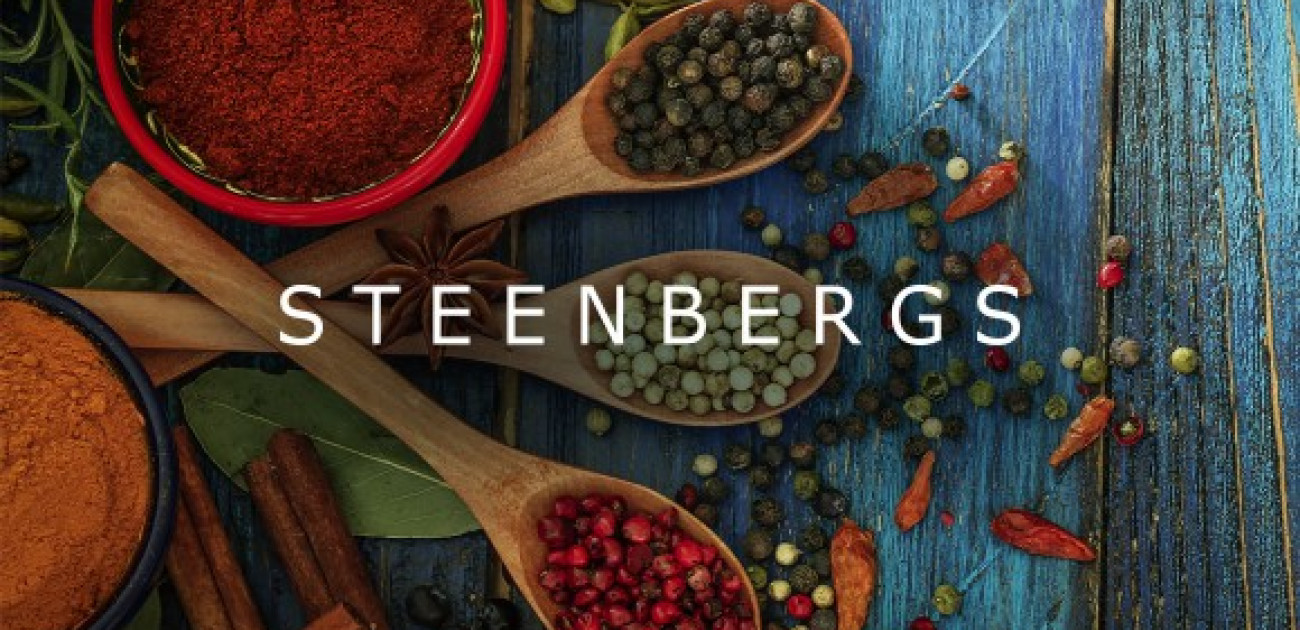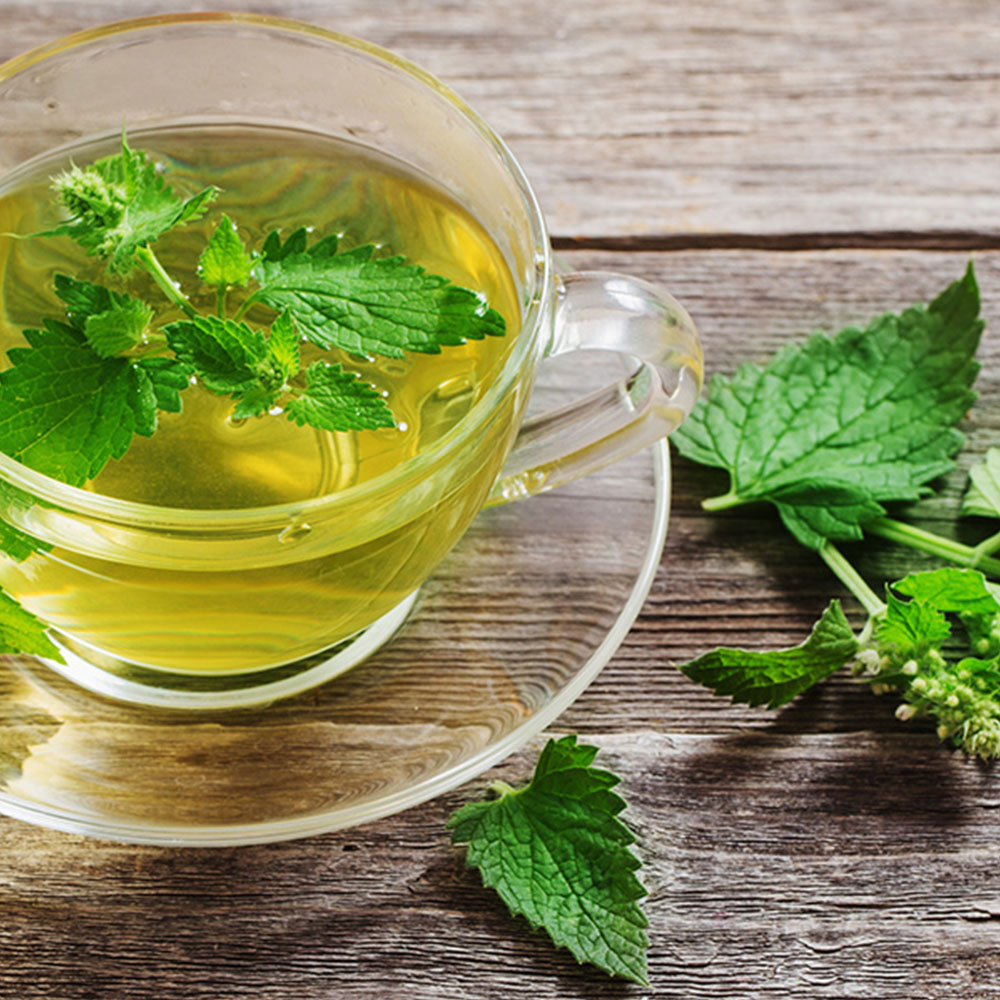09 October 2009
Steenbergs' Annual Organic Audit

This week heralded our annual audit by the Organic Food Federation, which is one of the UK's original organic auditors.
Organic Food Federation was set up by Julian Wade in the mid 1980s after he returned to the UK having worked for many years in Brussels for the European Community. As such, it was one of the first independent bodies to start developing standards for organic farming and processing, and to start auditing against these; this was when all standards were private rules and before the EC had introduced any legally effective bits of legislation.
Nowadays, despite the hype from some of the organic certifiers, the rules on organic are mainly determined in Brussels in chunks of detailed legislation. The latest rules have the catchy names of EC Regulation 834/07 and EC Regulation 889/08. Certifiers then add some of their own private rules that are not legally required to differentiate themselves from each other, for example Organic Food Federation is at the forefront of organically farmed fish, which is a relatively new area.
So what does an audit entail. At the Organic Food Federation, we are actually monitored all year around and have a constant two way dialogue between their technical team and vice-versa for the agreement of recipes, suppliers and checking on processes for importation. They also need to be involved in any import licenses that we need to obtain. They also have the right to inspect us at any time (without warning) and to visit ports of entry into the UK to check that our imports have a chain of custody. In short, they can do what they want!
The inspection at Steenbergs factory involved a review of some of our primary paperwork:
(i) A complete review of all our suppliers' organic certification under EC law and defra import licenses, checking them for validity and that all the products that we have on our organic licence are matched up by a legal sources of raw materials;
(ii) Random sample review of our internal processing paperwork through the chain of custody, ie order to goods receipt to micro/chemical laboratory testing to production records to dispatch documents and invoices. Also, they look at cleaning records, pest control records etc. This bit is the nightmare as you are always worried that one piece of the paper trail is missing or unclear as we have thousands of records every year.
(iv) The stock reconciliation. This takes months to prepare, or at least it feels like that. It checks that in terms of weight we can prove that all our outgoing stock and warehouse stock reconciles back to the same weight coming in; it's a mass balance check that everything on one side of the scales (what's come in) balances with the other side (what goes out).
This is a really tough test and (I think) the most powerful check that is done in the organic audit. In the end, we are organic and that's what we believe in and we do not have any intention of faking it, so the organic certificates, internal paperwork etc is unlikely to be actually wrong (and we should have picked it up throughout the year with our own internal checks), but doing a mass balance reconciliation that brings together records from all over the business is complicated and full of areas for potential error creeping in, eg wastage, products that are organic but are used in 1 or 2 of our non-organic blends etc.
There are always things that need investigating further and/or working out what has happened, but in the end we get there and 2 lever arch files of seemingly random figures comes together to show how everything balances in the scales of truth.
The auditor also does a walk-around the premises to check that we are doing what we say we are doing, especially looking at segregation, cleanliness and chatting with staff to ask them about clean downs and how the forms are filled out.
It was a long, hard tough day, but we emerged out the other end of the process tired but signed off for another year, subject to paying our annual fee for a new organic certificate. A job well done.




